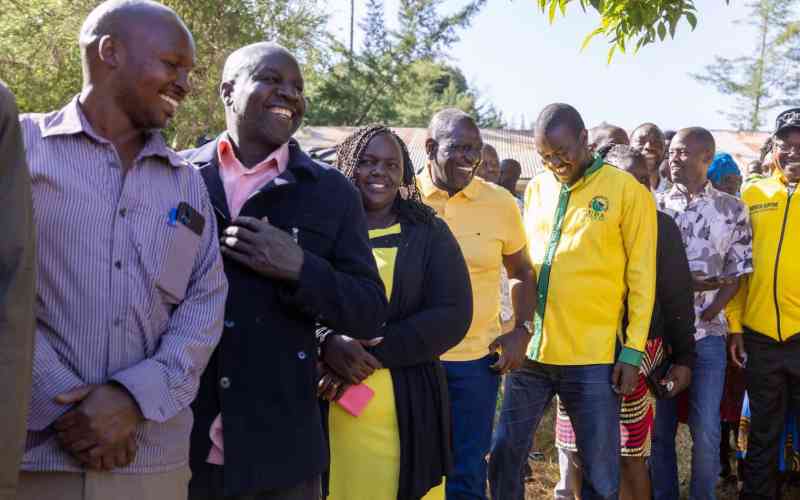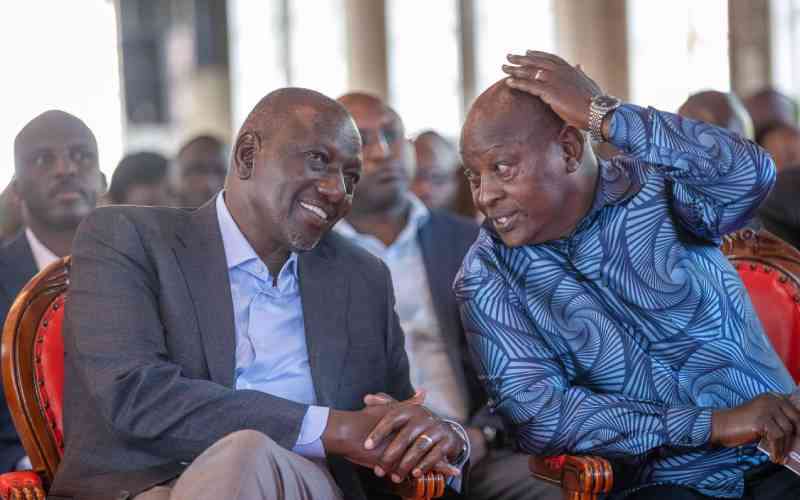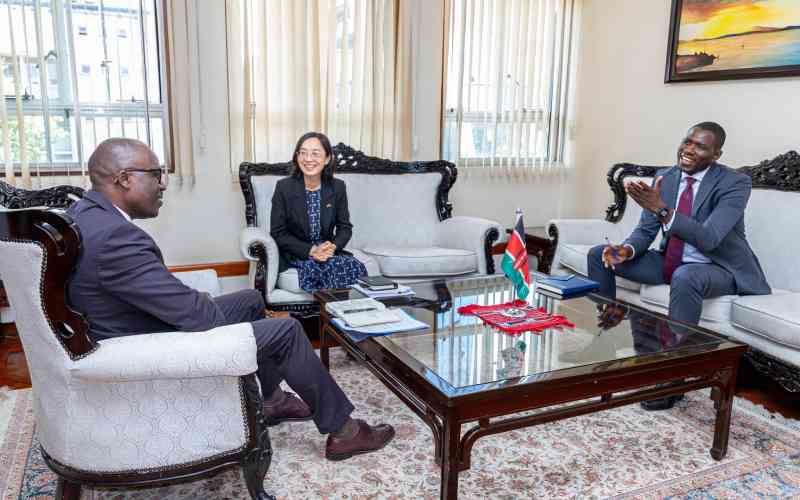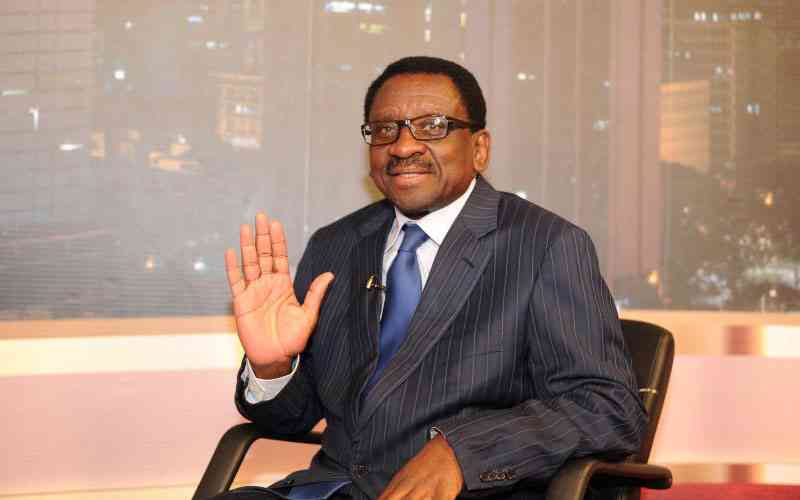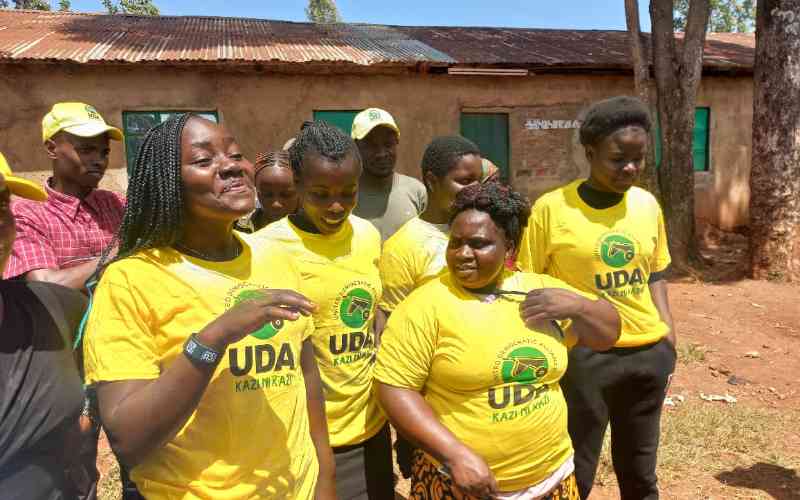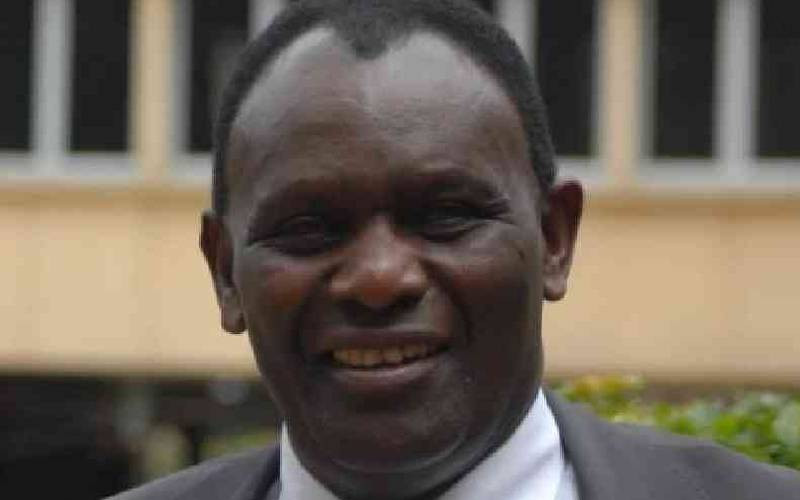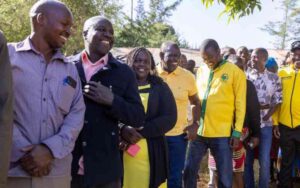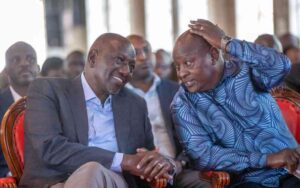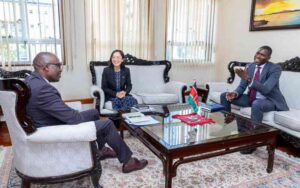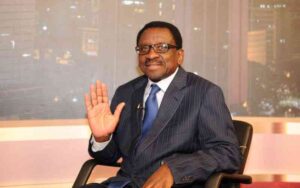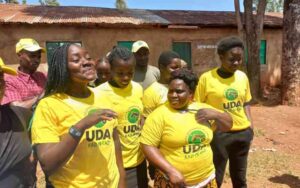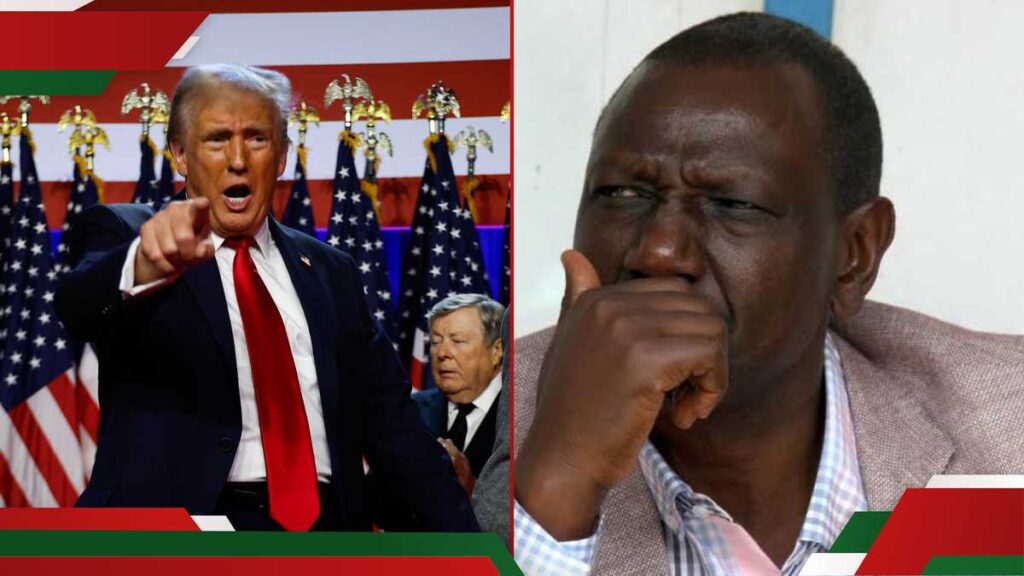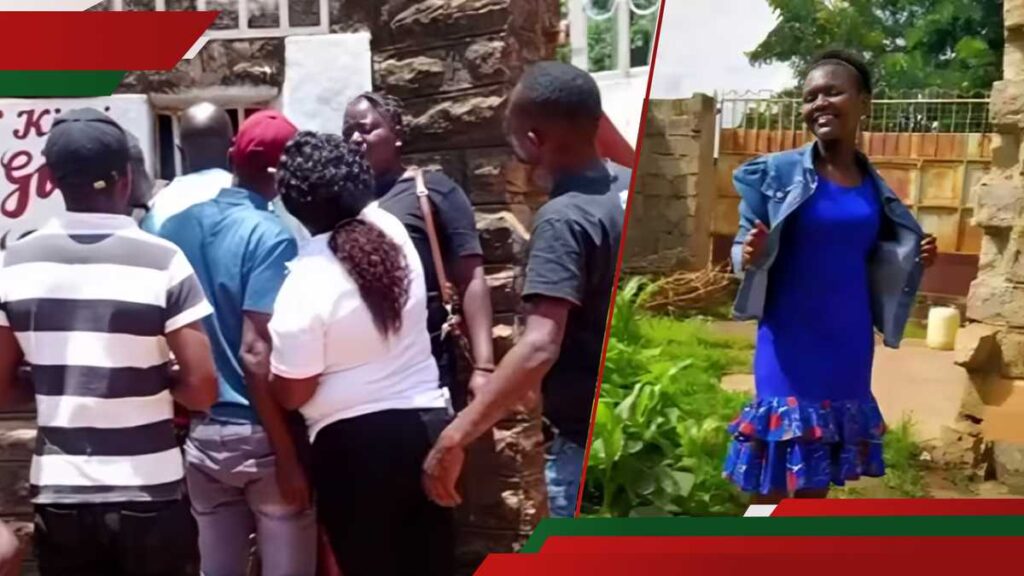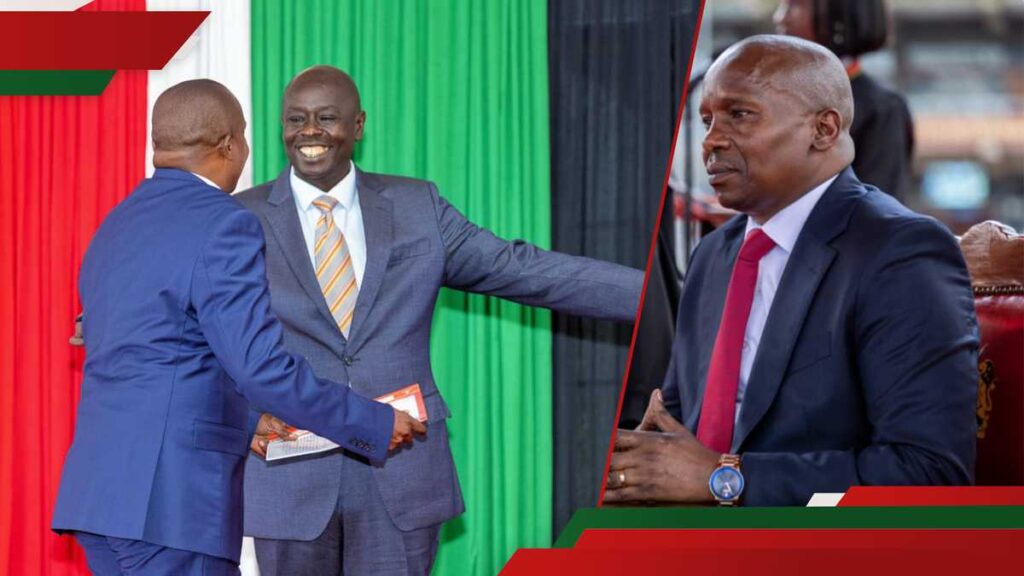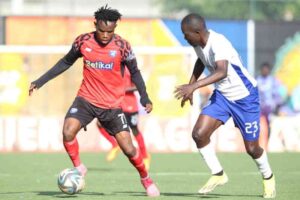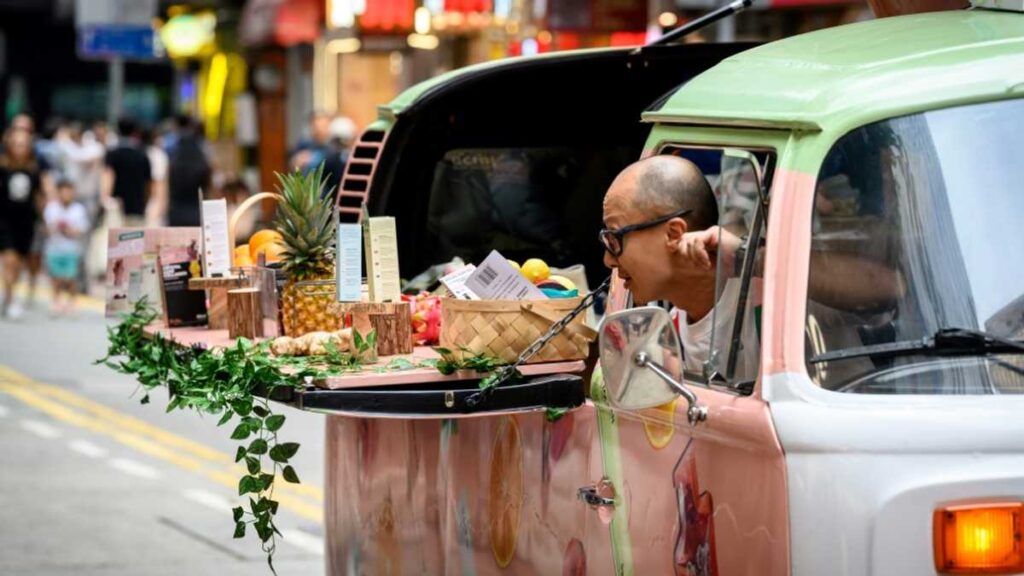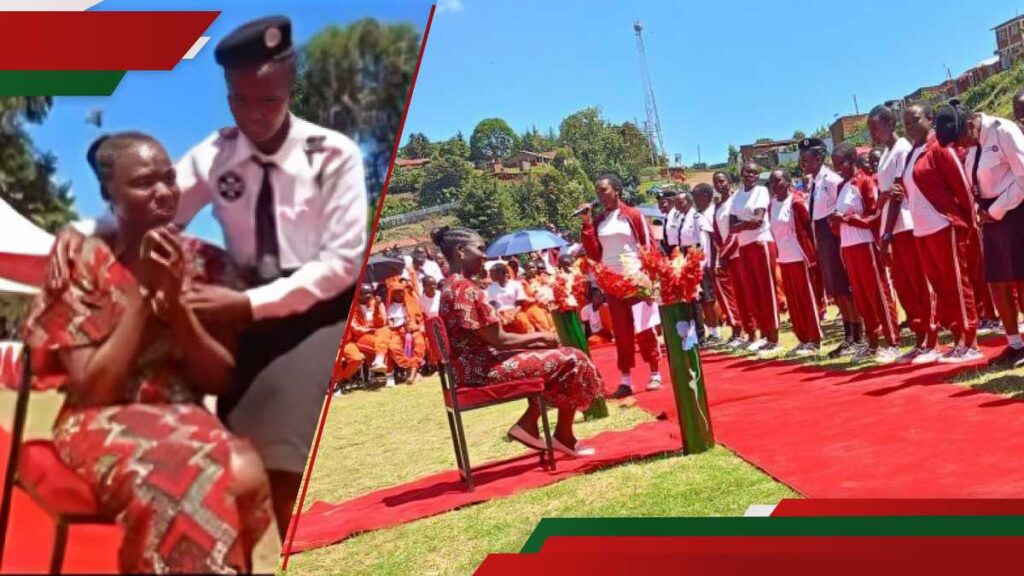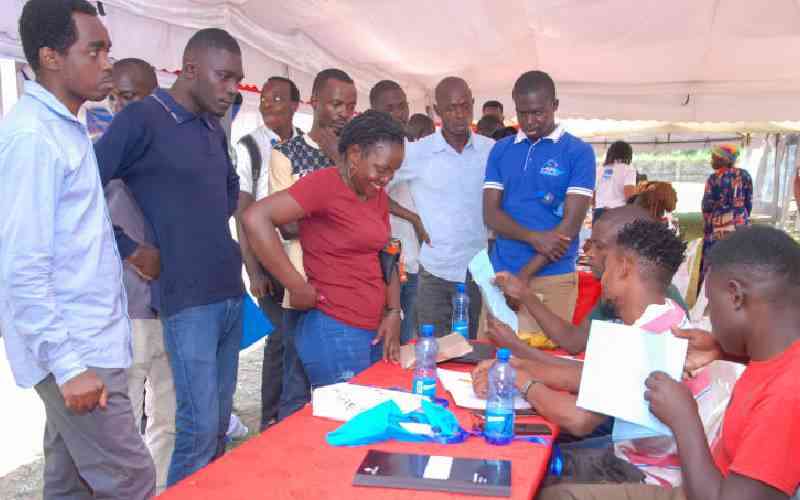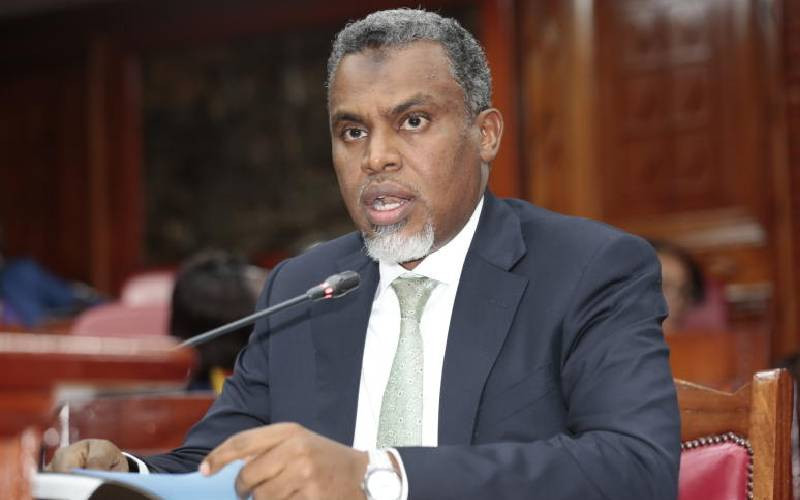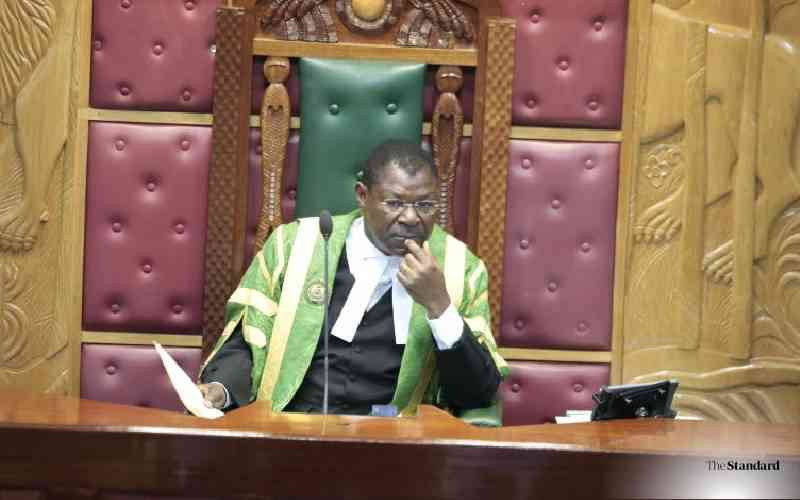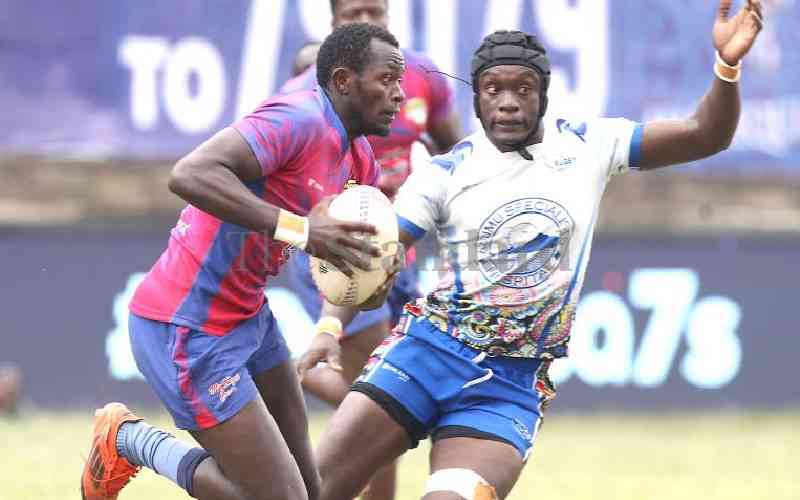Erick Muyera Isabwa, the prime suspect in the murder of former Kabete MP George Muchai, has pleaded not guilty to 10 charges of robbery with violence.
This includes the violent robbery of six victims, among them two sisters, Gladys Waithera and Irene Muthoni.
Appearing before Milimani Chief Magistrate Lucas Onyina on Friday, Isabwa sought to discredit the prosecution’s evidence, raising serious doubts about the credibility of the police’s actions and testimonies.
The case, which intertwines the high-profile murder of the former MP with a string of violent robberies on the night Muchai, his two aides, and his driver were killed.
The charges against Isabwa and his six co-accused Raphael Kimani, Mustapha Kimani, Stephen Astiva, Jane Wanjiru, Margaret Njeri, and Simon Wambugu stem from multiple counts of violent robberies involving six victims that occurred five hours before the former MP was killed in the early hours of February 7, 2015, along Kenyatta Avenue.
Isabwa, also known as “Chairman,” vehemently denied all robbery charges and ever being behind the murder of Mujchai asserting that the prosecution’s witnesses are giving false or inaccurate testimonies
“I was never involved in any of the robberies or the murder of George Muchai,” Isabwa insisted, adding that the witnesses against him were either mistaken or misleading the court.
The suspect defense strategy hinged on pointing out inconsistencies and contradictions in the prosecution’s case.
One of his main arguments was directed at the handling of his arrest, claiming that several police officers involved in the case could not recall the specific police stations where he was booked after his arrest.
“I was arrested and charged with robbery with violence nine years ago, and I would like to prove my innocence before this court,” Isabwa told the court.
Isabwa recounted his arrest on February 15, 2015, at Marikiti market, where he had been selling tomatoes.
According to Isabwa, plainclothes officers arrived at the market, and he initially believed it was just another routine arrest.
However, this time, he claimed, the officers beat him severely during the arrest, leaving him injures.
“The plainclothes officers came to where I was, and since I was used to their arrest, I thought it was normal like before. But this time they arrested me amid severe beatings, where they injured my left arm joint and the thumb on my right hand,” he told the court, recounting the violent nature of the arrest.
Stay informed. Subscribe to our newsletter
Isabwa testified that after being taken to Central Police Station, he was booked without being told the reasons for his arrest.
He also revealed that around 3:00 PM that same day, an identity parade was conducted, during which one of the women complainants allegedly identified him as one of the robbers.
However, he claimed that the individual who pointed him out in the parade had never appeared in court.
He denied being arrested at Kinoo, as indicated in the prosecution’s evidence, and argued that the arresting officers had lied about the location.
“I was arrested at Marikiti market, not at Kinoo as the inventory says,” Isabwa said, directly contradicting the police testimony that placed his arrest at Kinoo 87 Kiuru, as documented in the evidence.
The suspect also denied knowing or having any communication with his co-accused, including Jane Wanjiru, who the prosecution had claimed was his girlfriend.
The court had been presented with evidence suggesting that Isabwa and Wanjiru were living together at a rental house in Kinoo at the time of his arrest. However, Isabwa flatly denied the allegations.
“I never knew the accused persons before, nor did I meet or communicate with them before my arrest. I saw them for the first time in court,” he said, further challenging the prosecution’s narrative that he had a romantic relationship with Wanjiru.
Additionally, Isabwa rejected claims that he was found in possession of a G3 rifle, which was allegedly recovered from his house along with several other items, including a blue bag and a black hooded mask.
He denied ever seeing or possessing the firearm wich was hidden in a golf bag or the seven other items in question.
“I have never seen the G3 rifle, nor the blue bag or the black hooded mask. Those items were not found in my possession,” Isabwa insisted, casting doubt on the prosecution’s account of the evidence.
The defense also challenged the way the evidence was handled, particularly the alleged recovery of the rifle.
According to Isabwa, there were too many inconsistencies in the inventory and the testimonies provided by the arresting officers.
He maintained that no evidence linked him to the items presented in court.
Isabwa also denied ever possessing a firearms license, reinforcing his claim that he had no knowledge of the G3 rifle that the prosecution said was found in his house.
He stated that he only learned the reasons for his arrest when he was presented before the court in a miscellaneous application, further suggesting that he had been detained without being properly informed of the charges.
The prosecution closed its case after presenting testimonies from 36 witnesses, including police officers, who claimed to have witnessed the suspects committing the robberies and other violent acts.
Despite the testimonies, Isabwa argued that the evidence was flawed and unreliable.
The suspects face 10 counts of robbery with violence, as well as murder charges related to the death of George Muchai and his entourage at the High Court.
According to prosecution witnesses, Muchai’s silver Toyota Fortuner slowed down at the junction of the Uhuru Highway and Kenyatta Avenue roundabout.
A Mercedes Benz station wagon rammed into the front fender of the car carrying Muchai.
A tall, dark passenger believed to be Isabwa alighted from the Mercedes Benz car and walked towards Muchai’s car.
He was wearing a balaclava mask with his gun concealed in his jacket. Apparently, a professional marksman, he shot Muchai’s driver, Stephen Wambugu; the two police bodyguards, Samuel Kalikia and Samuel Matanta; and Muchai.
The court heard that he then shot all four a second time. All bullets were on target. The entire shooting lasted about one minute. All four men died on the spot.


